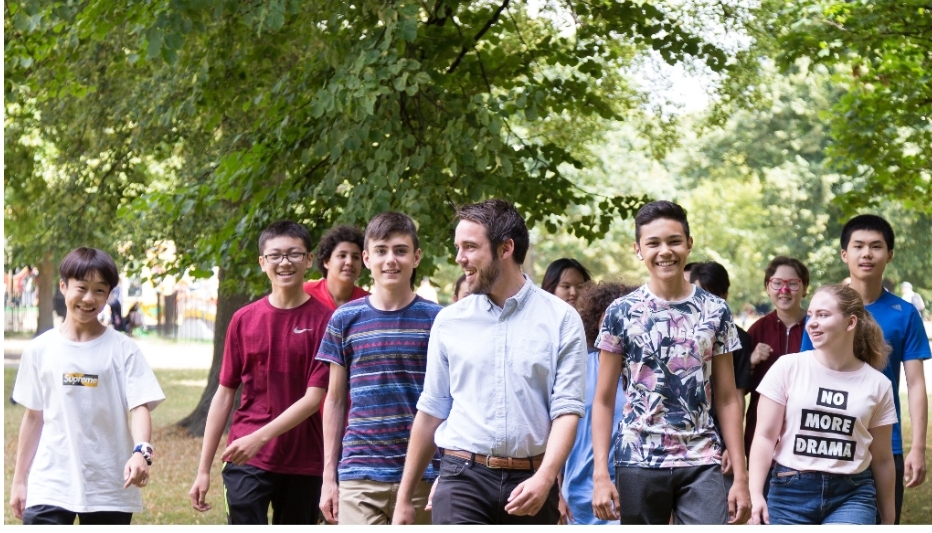Unlocking the Secrets of Year Group Ages in the UK
In the United Kingdom, navigating the education system can feel like traversing a labyrinth, especially when it comes to understanding year group ages. Parents often find themselves puzzled by the terminology and structure of year groups. Fear not! We’re here to shed light on this topic and provide clarity.
The Basics: What are Year Groups?
Year groups in the UK education system refer to the cohorts of students grouped together based on their age and academic level. These groups typically span from Reception to Year 13, encompassing a child’s entire journey from early years to post-compulsory education.
Deciphering the Age Ranges
Let’s break down the age ranges for each year group to demystify the system:
- Reception (Ages 4-5): The journey begins here, as children enter Reception at the age of four or five, depending on their birthdate. This stage marks the start of formal education, focusing on early development and foundational skills.
- Key Stage 1 (Ages 5-7): Following Reception, children progress to Key Stage 1, which includes Year 1 and Year 2. During this phase, emphasis is placed on building literacy, numeracy, and social skills through a structured curriculum.
- Key Stage 2 (Ages 7-11): Key Stage 2 comprises Year 3 to Year 6, where students delve deeper into academic subjects while honing critical thinking and problem-solving abilities. This stage sets the groundwork for secondary education.
- Key Stage 3 (Ages 11-14): Secondary education kicks off with Key Stage 3, spanning Year 7 to Year 9. Students explore a broader range of subjects, laying the groundwork for GCSE (General Certificate of Secondary Education) qualifications.
- Key Stage 4 (Ages 14-16): Year 10 and Year 11 constitute Key Stage 4, a pivotal period where students prepare for GCSE examinations. This phase determines their academic pathways and future endeavours.
- Sixth Form or College (Ages 16-18): Post-16 education offers diverse pathways, including A-levels, vocational qualifications, and apprenticeships. Students in Year 12 and Year 13 embark on specialized studies tailored to their interests and career aspirations.
Navigating the Transition Points
Transition points, such as moving from primary to secondary school or transitioning to post-16 education, mark significant milestones in a student’s academic journey. These transitions involve adjustments in curriculum, environment, and social dynamics, requiring support and guidance to ensure a smooth progression.
Conclusion: Empowering Parents and Students
Understanding year group ages empowers parents to actively engage in their child’s education journey, from selecting the right school to providing support at home. By demystifying the UK education system, we equip families with the knowledge needed to navigate confidently and advocate for their children’s success. Let’s embark on this journey together, unlocking the secrets of year group ages one step at a time.







